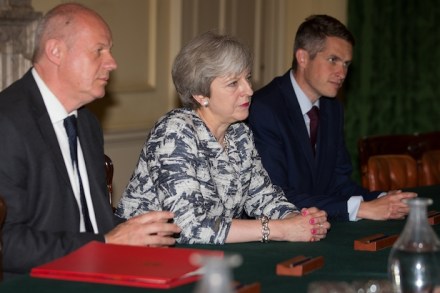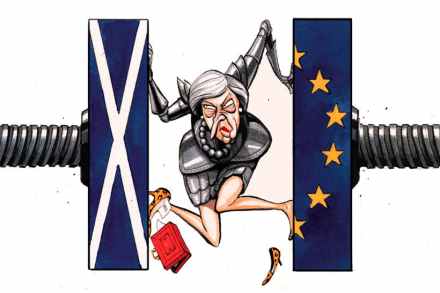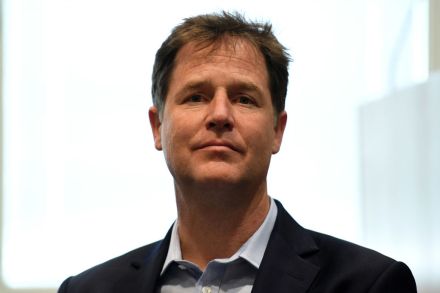Sunday shows round-up: Davis calls for ‘Canada plus plus plus’ trade deal
David Davis: May’s EU deal ‘a statement of intent’ The Brexit Secretary David Davis joined Andrew Marr this morning to discuss Theresa May’s recent round of negotiations in Brussels, where the European Union finally agreed to progress to the second phase. Friday’s breakthrough included an agreement that there would be ‘no hard border’ between the UK and Ireland, and that the UK would maintain ‘full alignment’ with the EU’s single market and customs union. Marr asked Davis about how the Prime Minister’s deal would affect the negotiations going forward: DD: This [deal] was a statement of intent more than anything else. It was much more a statement of intent that



















